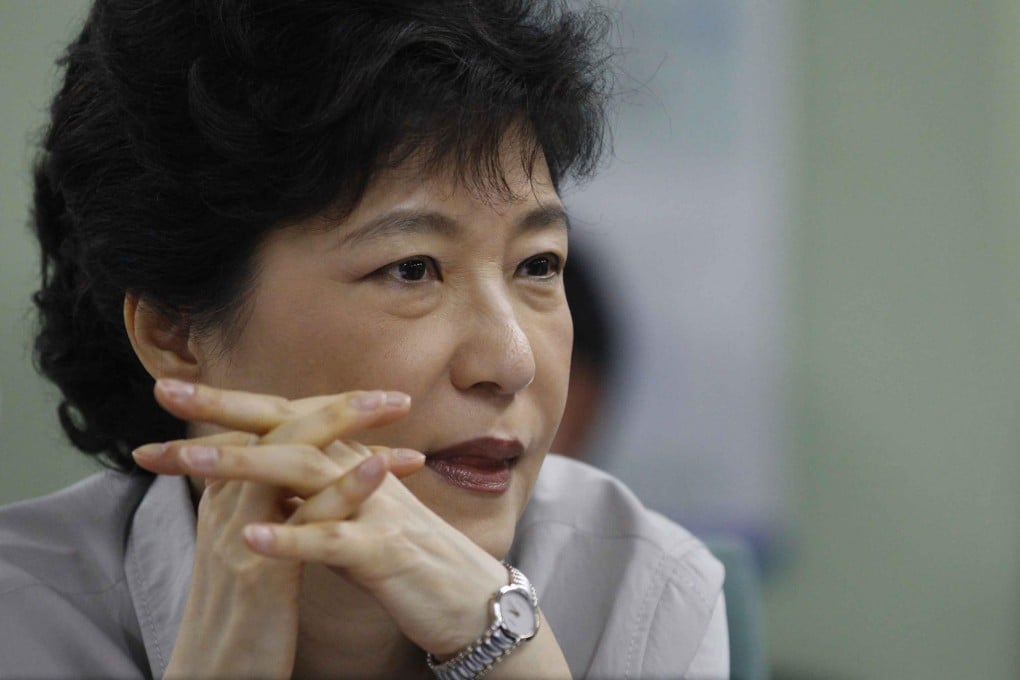Starbucks stars as South Korea aims to boost jobs for women
Starbucks leads the way as the government vows to name and shame companies that slack off in terms of targets for females in the workforce

When former kindergarten teacher Kim Sun-sung tried to rejoin South Korea's workforce after five years raising her children, she found it tough. Then 41, Kim was either told she was too old or had been out of work for too long.

Park Geun-hye, the nation's first female president, is listening. Her administration has named and shamed companies including Hyundai Motor for not having enough part-time jobs for women, while praising Starbucks, Samsung Electronics and Lotte Group.
She's pledged to boost the participation rate of women in the workforce to 61.9 per cent by 2017 from 53.5 per cent in 2012, warning of a "long tunnel" of depression unless every economic lever is mobilised.
Concern South Korea's demographics will condemn it to follow Japan into years of deflation has stalled gains in equities and driven a rally in sovereign bonds. With the country's working-age population set to shrink after 2016, according to Organisation for Economic Co-operation and Development data, barriers thrown up to women like Kim are threatening to slow growth and further swell household debt.
"A shrinking workforce means less tax revenue and strained public finances, and in an economy of this size that's a direct risk to the sovereign credit rating," said Park Sung-wook, a Seoul-based economist at Korea Institute of Finance. "Korea needs more women to work and people need to postpone their retirement or find second jobs to generate income."
The country's finance minister, Choi Kyung-hwan, last week warned that South Korea could face deflation if growth was allowed to slow further.
